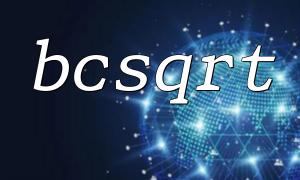In a collaborative development environment, adhering to consistent PHP coding standards not only improves overall code quality but also reduces maintenance costs and boosts teamwork efficiency.
Well-defined standards bring the following benefits:
Therefore, creating a customized set of PHP standards for your team is essential.
Ensuring your code complies with PHP language best practices is foundational. Key points include:
It's recommended to follow PHP-FIG standards like PSR-1 and PSR-12 to maintain consistent coding style across the team.
Consistent naming conventions contribute to clear and intuitive code. Recommended practices include:
Proper documentation enhances the readability and maintainability of your code. Each class, method, and variable should be clearly explained:
/**
* Retrieve user information
* @param int $id User ID
* @return array Returns an array of user data
*/
function getUserInfo($id) {
// Logic to retrieve user data
}
Comments should describe the purpose of the method, its parameters, and return values. This ensures that future developers can quickly understand and modify the code when needed.
Global variables are common in PHP but often lead to tightly coupled code, making debugging and testing harder. Their usage increases complexity and the risk of errors.
Instead, consider passing variables as parameters or encapsulating them within class properties to better control scope and maintain stability.
Duplicated code is a bad habit that compromises maintainability and increases the chance of repeated bugs. In a team environment, it's important to refactor similar logic into reusable components or functions.
By abstracting redundant code into independent modules, you can simplify future updates and improve overall code clarity.
PHP coding standards play a vital role in streamlining team development. A well-established set of guidelines improves code quality, reduces risks, and enhances productivity.
Development teams are encouraged to define and follow a comprehensive set of practices—from coding style and naming rules to comments and modular structure—to build efficient and sustainable PHP projects.










